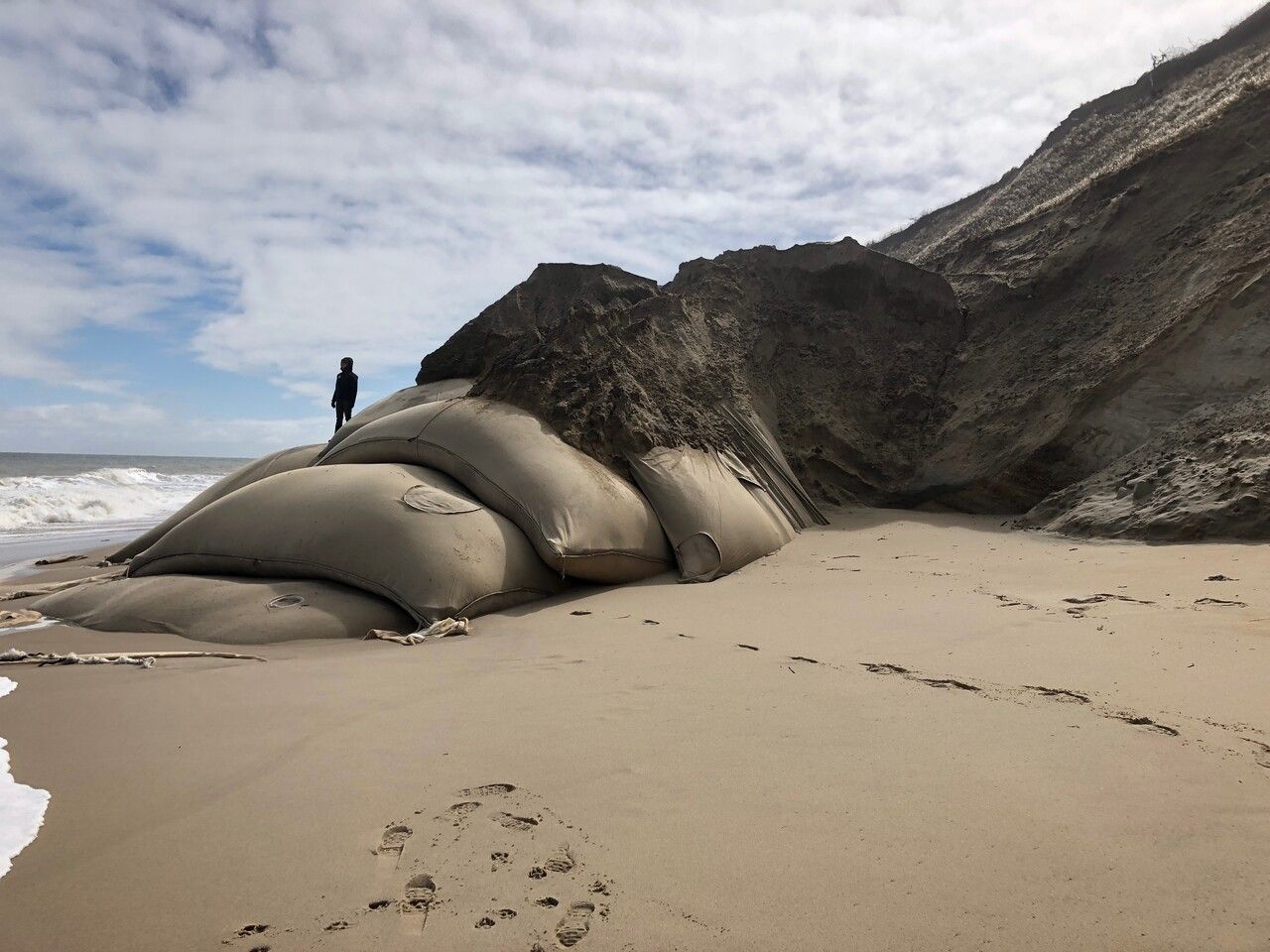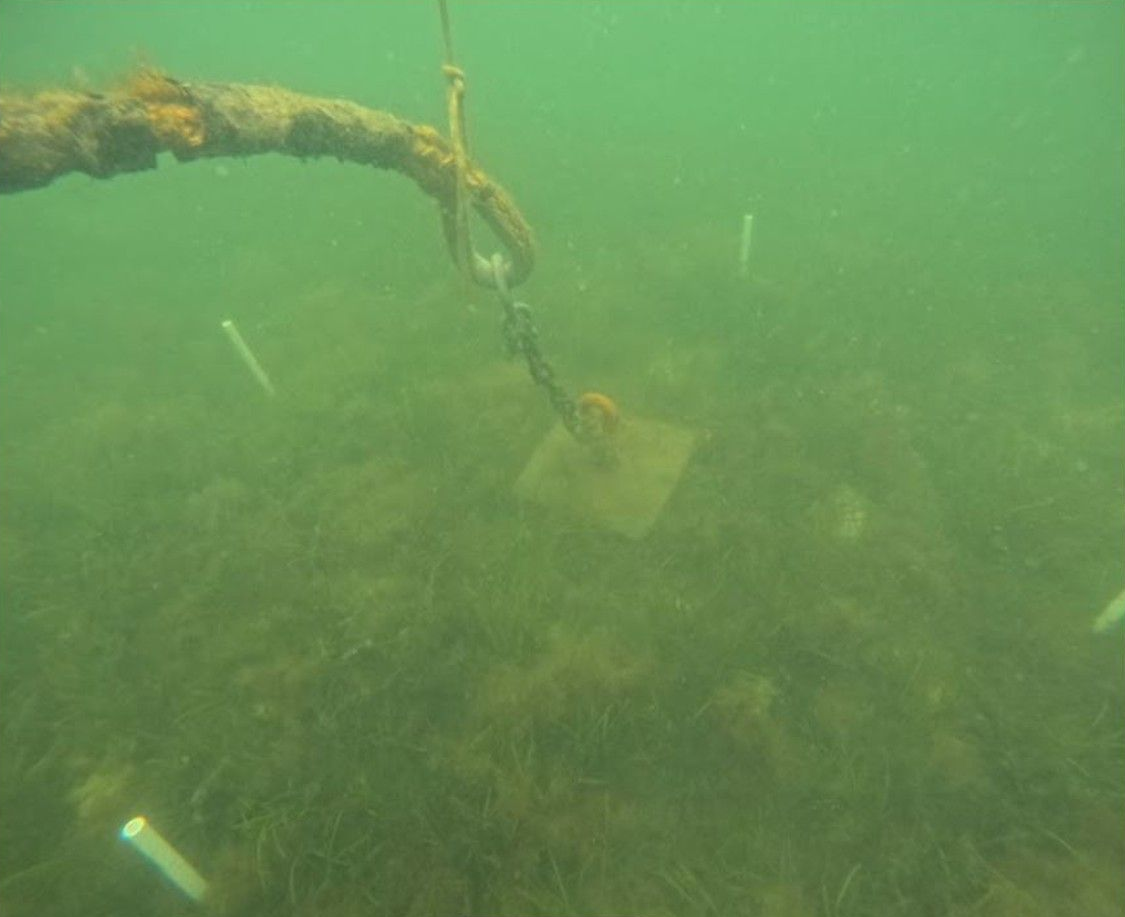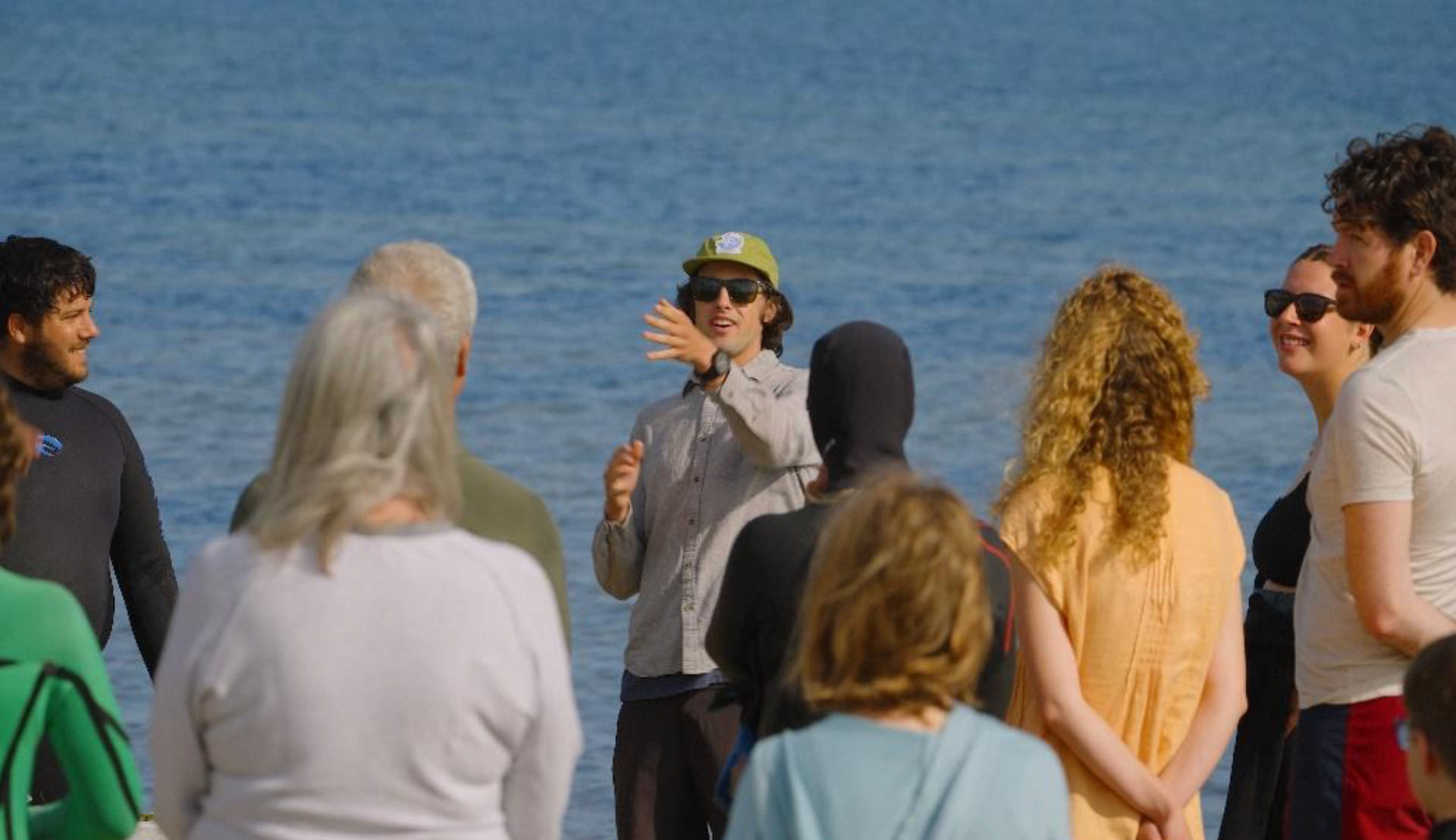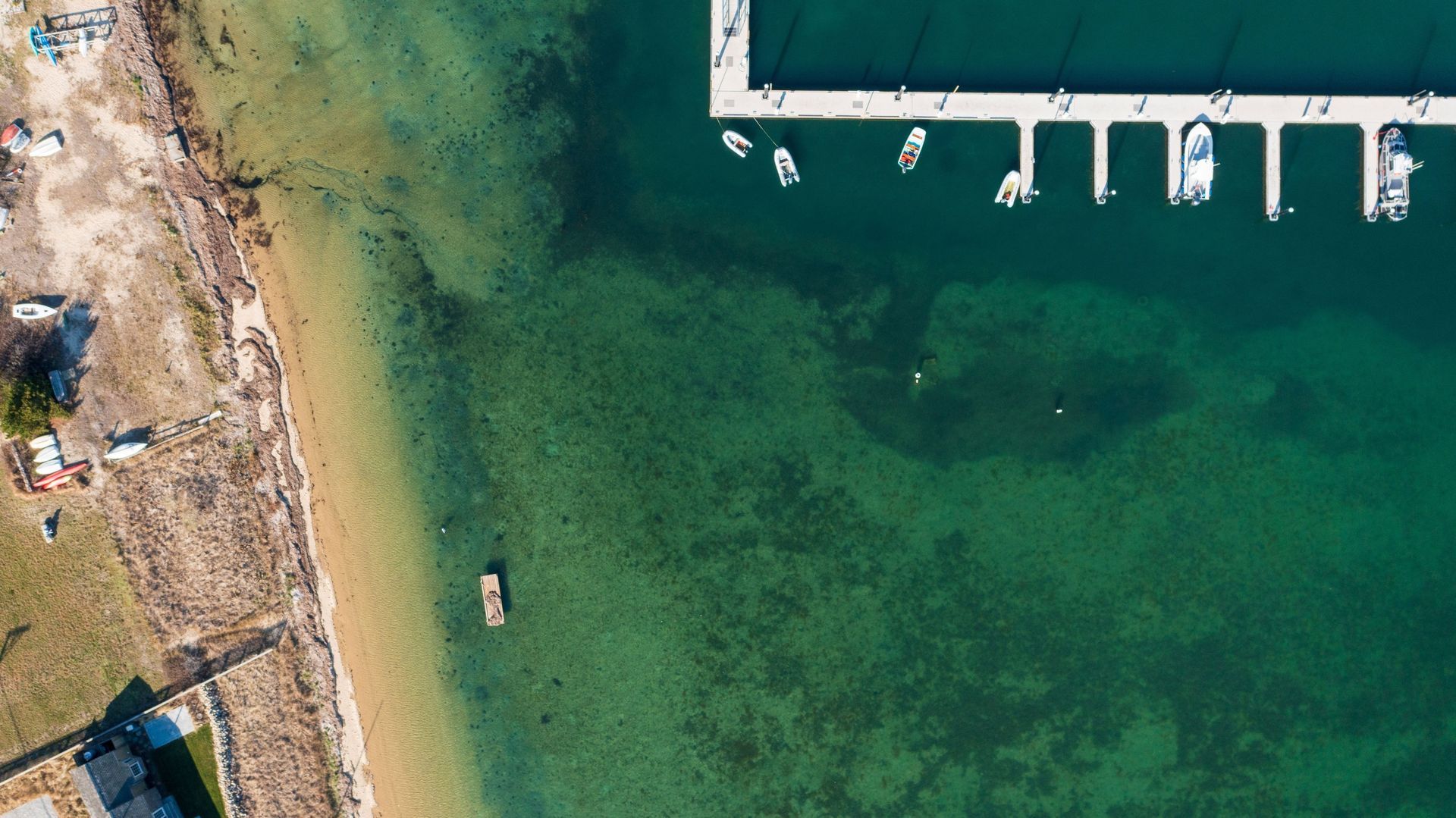NLWC News
The NLWC Advocates for Appropriate Mitigation of Existing Geotubes
The Conservation Commission recently signaled their likely approval of a positive permit for the geotube expansion project proposed jointly by SBPF and the Town of Nantucket. As data collected by project consultants indicates, the geotubes are detrimental to the environment, increasing the erosion on surrounding beaches. The NLWC takes the strong position that there are much more appropriate and less harmful alternatives, especially given that the Town’s engineers have determined the relocation of Baxter Road can be completed by 2027.
The fact is that the existing stretch of geotubes remain out of compliance with the current permit issued by the Conservation Commission due to SBPF’s failure to provide the required mitigation sand. It has been demonstrated by two independent coastal engineering experts that the failure to contribute the required mitigation (a sand deficit now well over 100,000 cubic yards) has already resulted in significant damage to the Town-owned coastal beach as well as privately owned properties to the north. This includes existing and increased future risk to the Lighthouse property. This violation of SBPF’s permit resulted in a removal order which was upheld by Superior Court, and is still outstanding.
The Draft Order Of Conditions, which the Commission is currently deliberating, includes a finding (#17) that states this new permit will replace the removal order. However, the Draft OOC does not contain any specific information on how SBPF and the Town, as co-applicants, will be required to account for the immense and growing deficit of sand. We have asked the Commission to specifically discuss this matter at their next public hearing (scheduled for January 15th).
If a positive OOC is issued, and a requirement to contribute the missing volume of sand is not clarified, SBPF will be rewarded with an expansion of the geotubes that they have failed to maintain in compliance with their current permit. Environmental permitting that considers negative impacts to natural resources always follows the premise of first avoiding adverse impacts, if those impacts cannot be avoided they must be minimized, and if adverse impacts cannot be avoided or minimized they must be mitigated. The entire permitting process is broken if an applicant is allowed to negatively impact multiple resource areas in such a significant way without mitigating those impacts. The mitigation conditioned in the previous permit was determined with SBPF’s own data, supported by MA DEP, and agreed to by SBPF. In the meantime SBPF and the Town are proposing to quadruple the size of this project.
If the Conservation Commission does not condition this permit to require the addition of adequate mitigation sand to account for the full deficit, it will be the most egregious violation of a wetlands permit I have ever seen in my two decades of reviewing hundreds of projects. The Commission should not be complicit in its lack of enforcement. This would set a precedent that is simply unconscionable for a regulatory entity. We are looking to the Conservation Commission to ensure that this does not happen.
As a co-applicant, the Town will ultimately also be responsible for the implementation and enforcement of this permit. As owners of the coastal beach and bank that has already been damaged by the existing installation, they should also be insisting that the full deficit of sand be provided by SBPF prior to new construction. The Town should also ensure that they are not ultimately left with the liability for providing this sand which was the prior responsibility of SBPF.
Town Administration and the Select Board (as co-applicants), and the Conservation Commission as our regulatory authority must set the right example and precedent and follow through on appropriate enforcement of the geotubes that already exist before allowing any more to be constructed. Should they fail to do so, the damage to our coastal environment and resources will be irreparable.
Emily Molden
Executive Director, Nantucket Land & Water Council
The next Conservation Commission Public Hearing on the proposed geotube expansion is Wednesday, January 15th 10:00am-12:00pm in the Trailer at 131 Pleasant Street.






